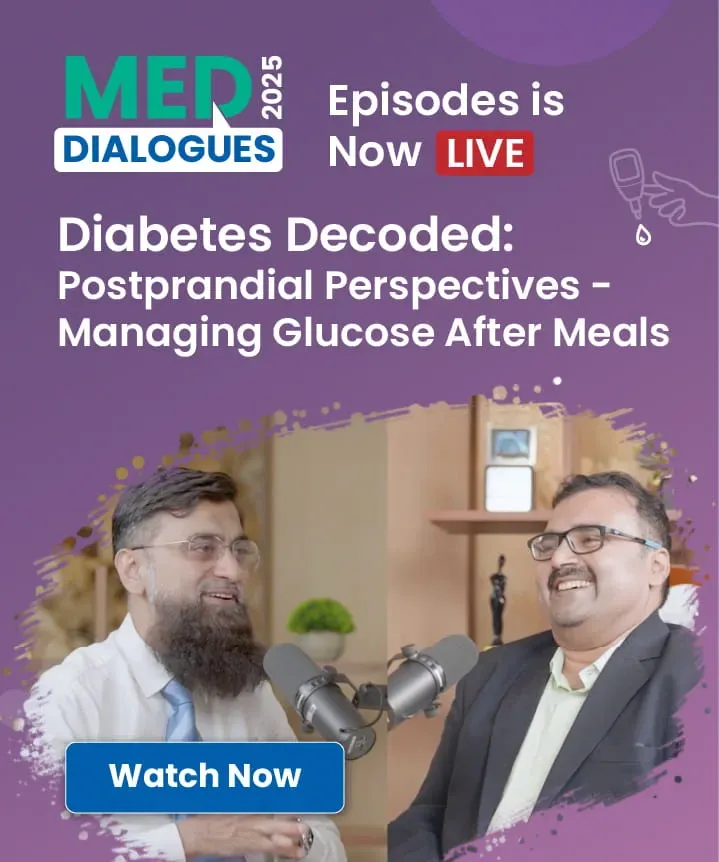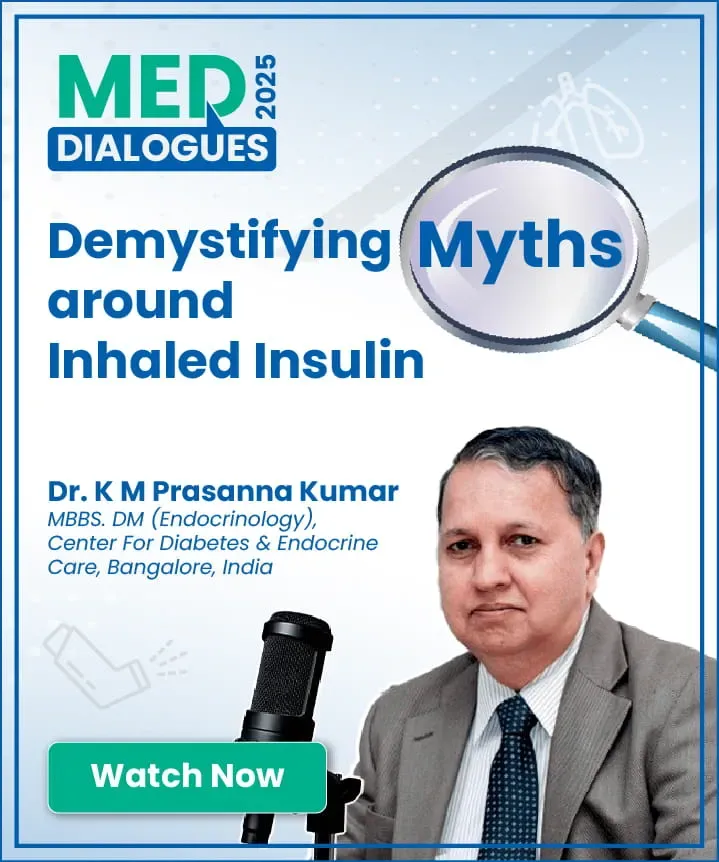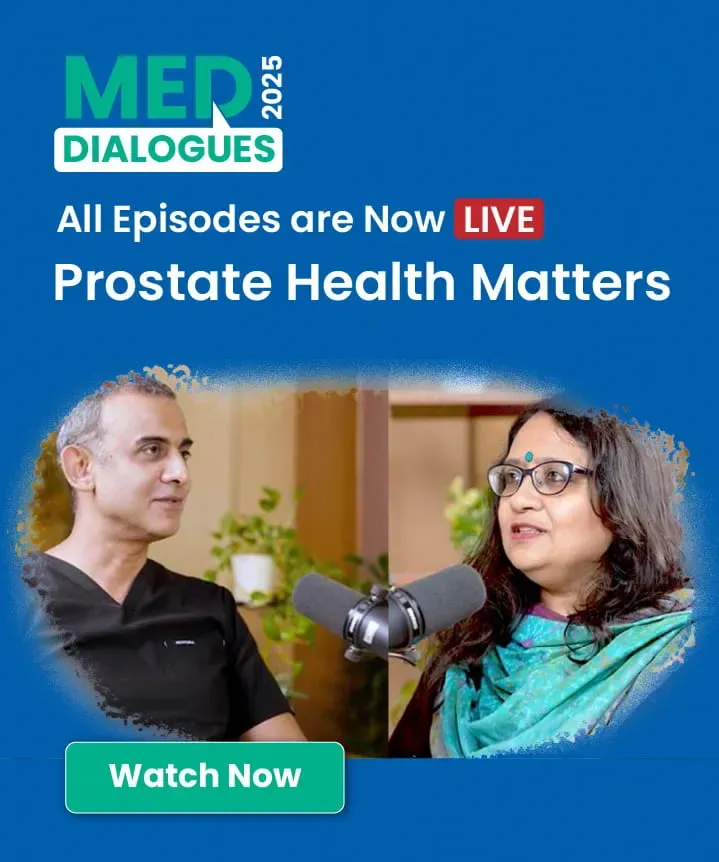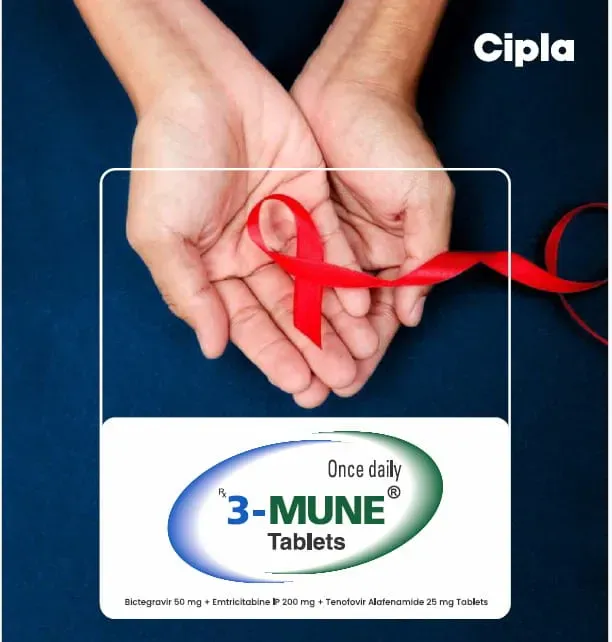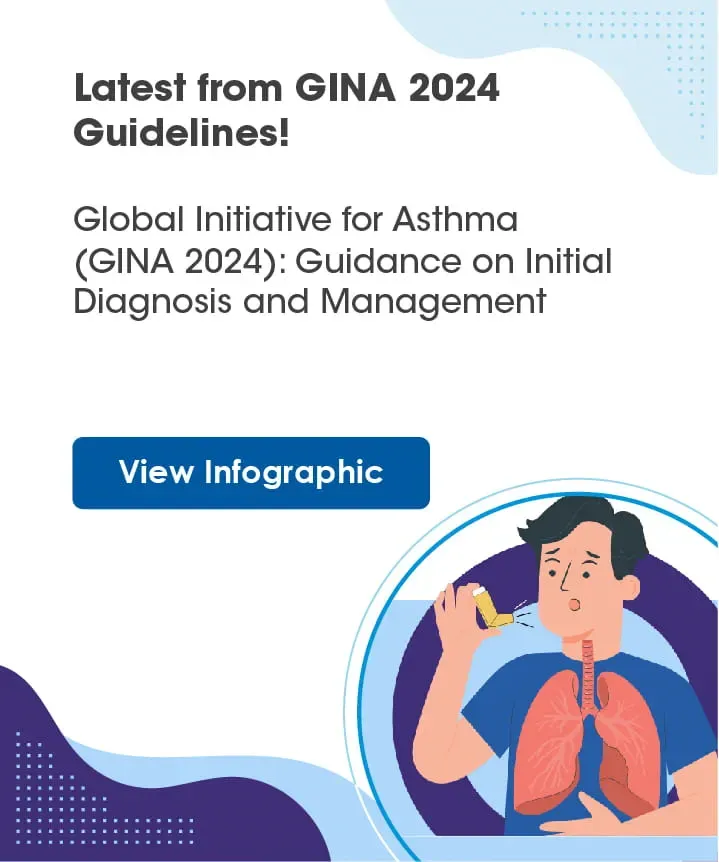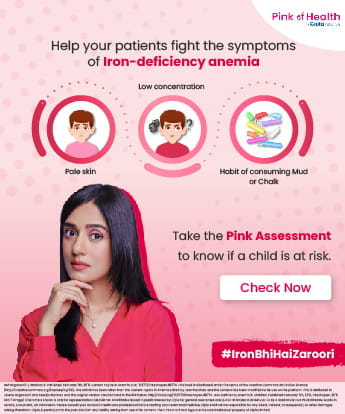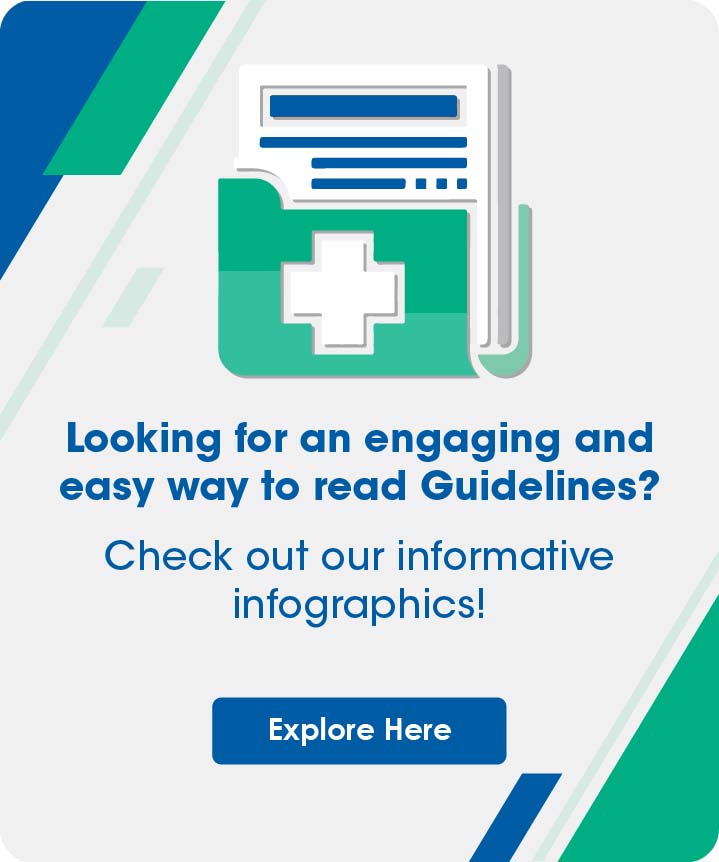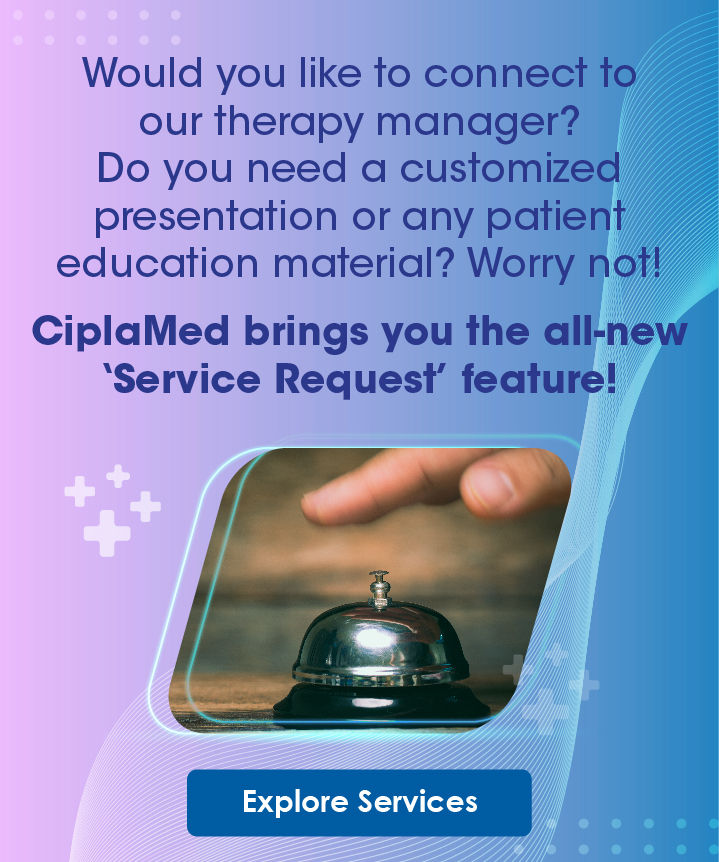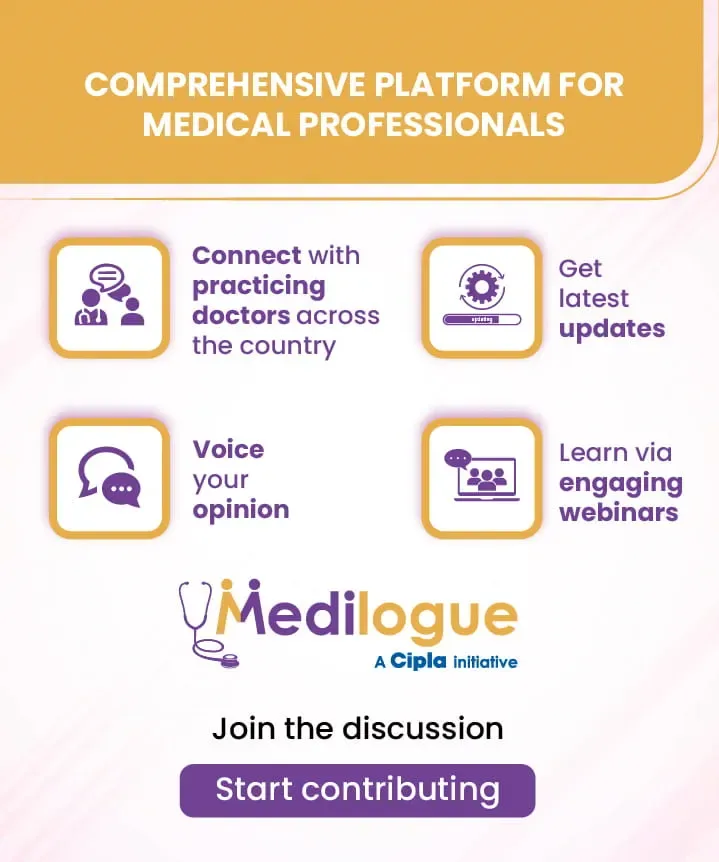Hey there! Welcome!
Get updated on
Select Speciality
Top Picks
18 Nov, 25
The ESI obesity management guidelines are based on the fast-changing obesity epidemiology & pharmacological options. The novel concepts in the psycho-social aspects & medication counselling of obesity management have also been explored.
18 Nov, 25
The prevalence of obesity has been increasing rapidly in India as well as globally. The clinical practice guidelines from the Endocrine Society of India (ESI) guide the healthcare providers on optimizing the management of obesity.
28 Nov, 25 Diabetologia.
Diabetologia.
- Impact of daily life stress was ascertained in 116 subjects [62 insulin-resistant [IR] & 54 insulin-sensitive (IS); age 18-78 yrs]
- Stress level correlated positively with blood glucose level (p=0.005) only in IR, stress levels predicted negative impact in both IR (p<0.001) & IS (p<0.001) subjects
- Integrating stress management strategies is essential for diabetes prevention in at-risk populations.
28 Nov, 25 BMC Infect Dis.
BMC Infect Dis.
- Fever of origin (FUO) analysis (N=100; mean age 45.1) showed diagnosis: CVD (39%) > infections (19%) > malignancies (17%); 13% undiagnosed
- Vasculitis (25.6%) predominated in CVD; TB (36.8%) in infections; lymphomas (52.9%) in malignancies
- PET-CT had highest diagnostic yield (p=0.004)
- CRP ≥140 mg/L, low Hb, HIV+, ferritin ≥875 µg/L predicted malignancy (p=0.01)
- HIV subgroup: infections 46%, malignancy 38%
28 Nov, 25 Int J Pediatr Otorhi...
Int J Pediatr Otorhi...
- This 10-year study of 109 children hospitalized for acute bacterial rhinosinusitis found that asthma and prior NSAID use was linked to higher risk of complications
- Elevated CRP, and lymphopenia were key predictors of severity and anaerobic Streptococci was linked to severe infections
- Early imaging and vigilant management are recommended for high-risk patients to prevent complications and treatment failure.
27 Nov, 25 Cureus.
Cureus.
- N=209; Acute respiratory infections (ARIs) in <5 yrs: 59.8% viral (HRV 21%, RSV 16%), 45.5% bacterial (H. influenzae 11%)
- Co-infections: viral 6.7% (HRV-RSV most common), bacterial 8.6% (mostly S. pneumoniae and H. influenzae)
- Peaks: viral post-monsoon, bacterial monsoon
- ARI showed higher odds of bacterial etiology (OR 1.04, P = 0.87), whereas serious ARI (SARI) showed higher odds of viral (OR 0.65, P = 0.04)
19 Nov, 25
Featured
4 Nov, 25
Slide Library
30 Oct, 25
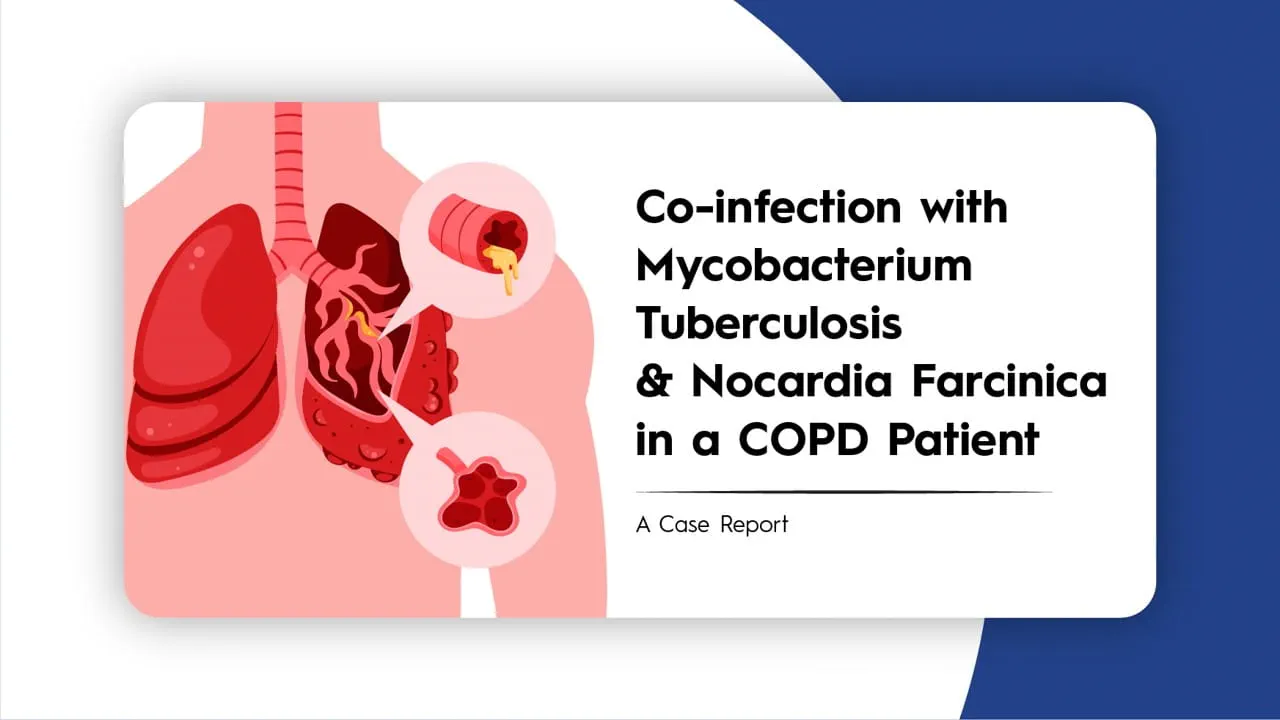
30 Oct, 25
Our Research
29 Oct, 25

29 Oct, 25



